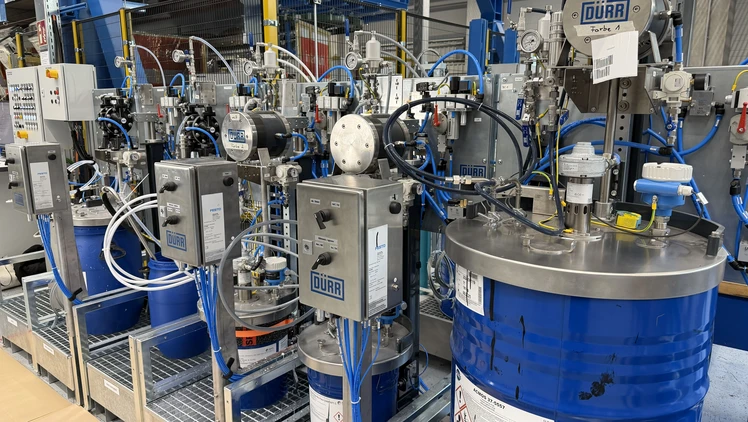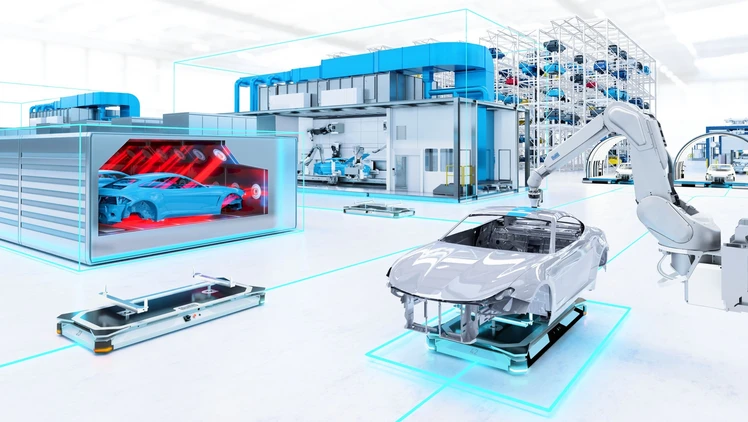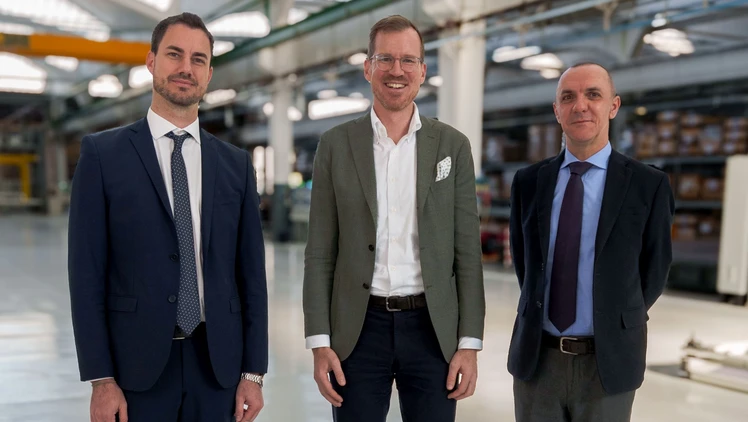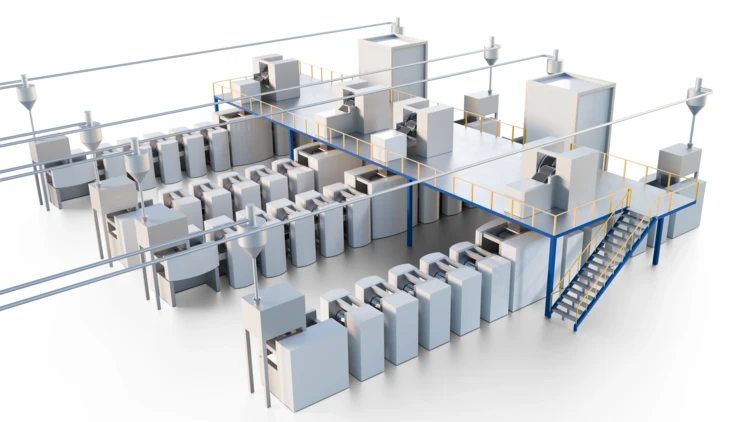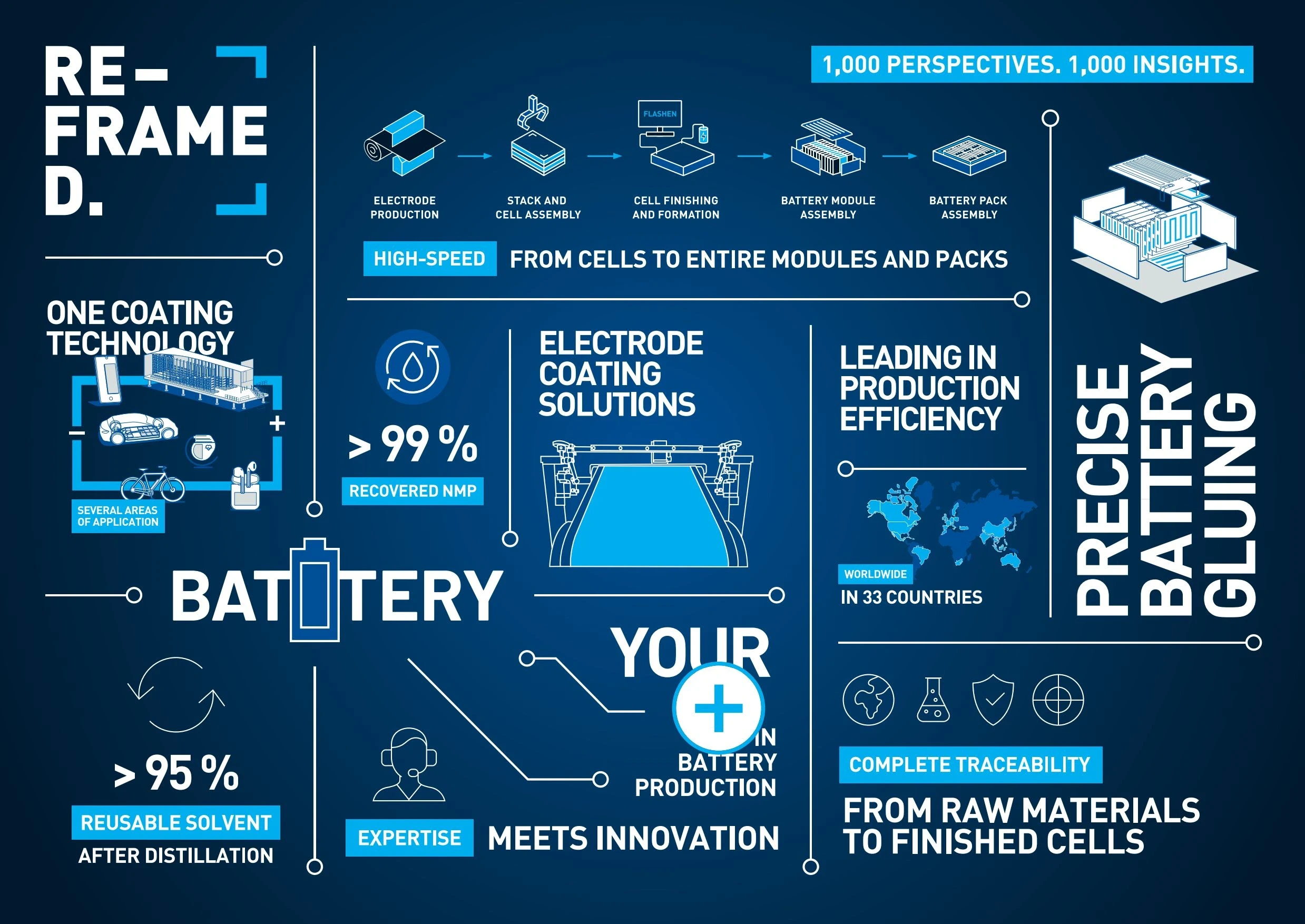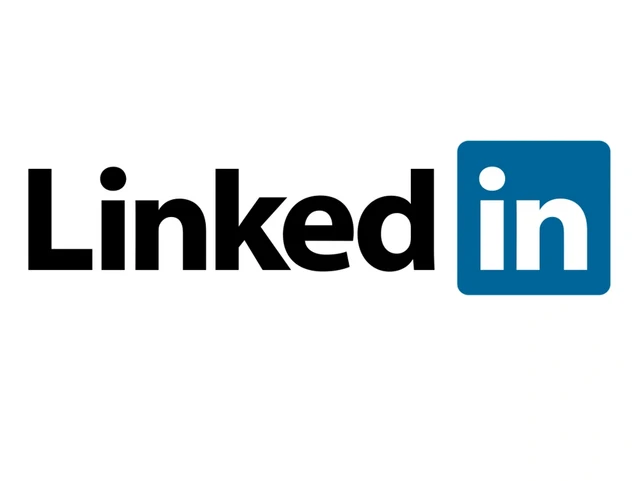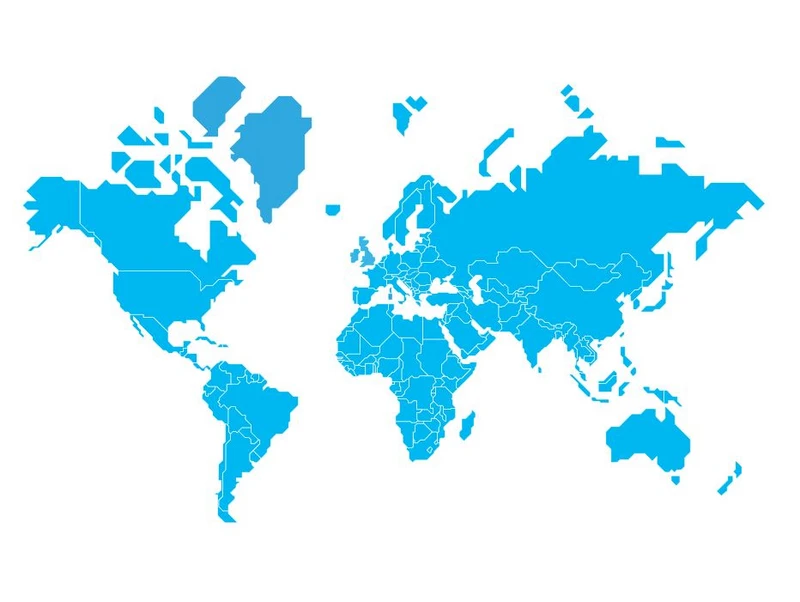Leading in Production Efficiency
Verind S.p.a. fa parte del Gruppo Dürr, una delle aziende leader mondiali nell'ingegneria meccanica e degli impianti con eccezionale esperienza nei campi dell'automazione e della digitalizzazione.
L'evoluzione della tecnologia e dell'automazione ha profondamente cambiato i processi produttivi, ma non la filosofia della nostra azienda. I forti investimenti in ricerca e sviluppo, il ruolo all'interno del Gruppo Dürr, nonchè l'esperienza dalle continue collaborazioni con aziende leader in ogni specializzazione, identificano Verind come partner e fornitore autorevole per tutte quelle compagnie di qualsiasi settore o dimensione sempre più orientate e sensibili alle nuove eco tecnologie.
Verind è un'azienda dinamica in costante evoluzione, con know-how specifico per la finitura ed i trattamenti di rivestimento delle superfici. Proponiamo soluzioni con tecnologia di applicazione per l'automotive e l'industria generale, con una vasta offerta di prodotti ed ingegneria su misura. Nel campo delle tecnologie ambientali, Verind fornisce efficienti sistemi di purificazione dell'acqua. Un service di alto profilo e programmi dedicati di manutenzione predittiva completano la nostra offerta.




